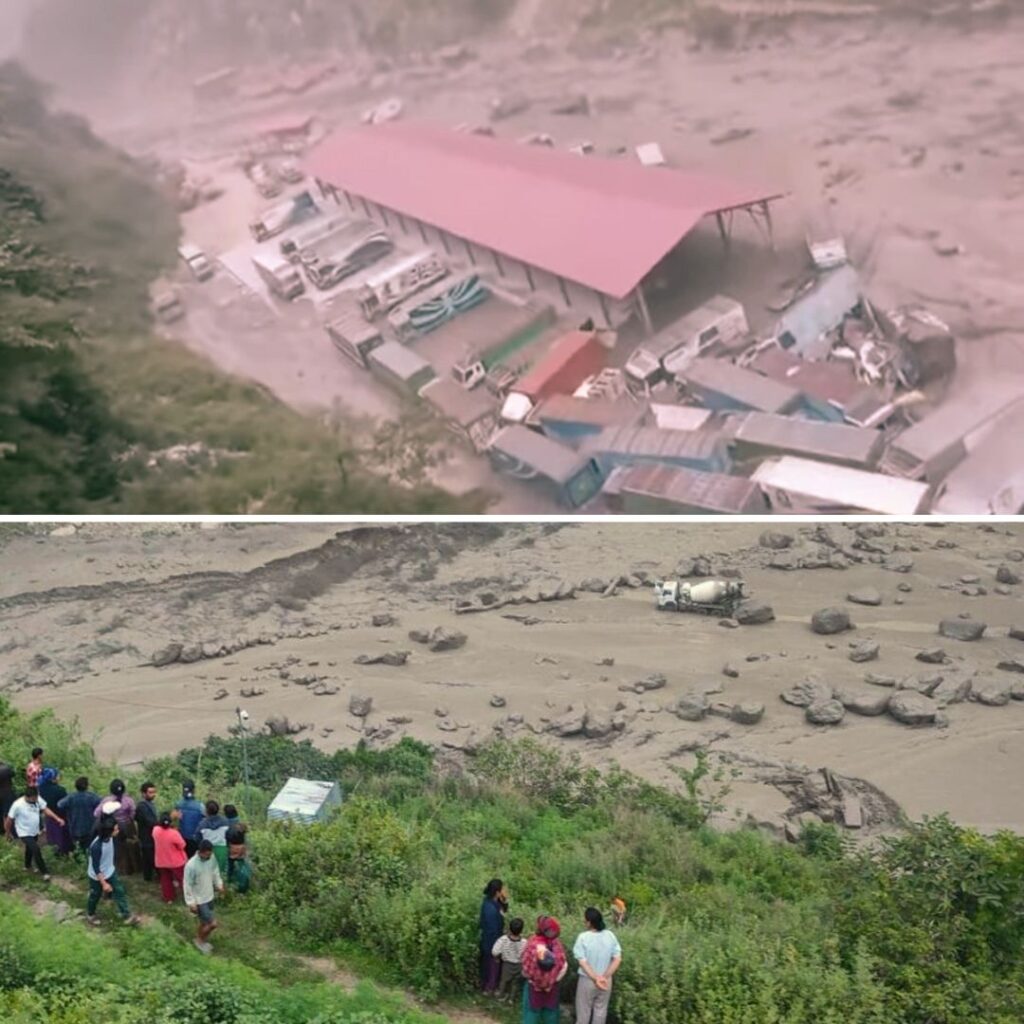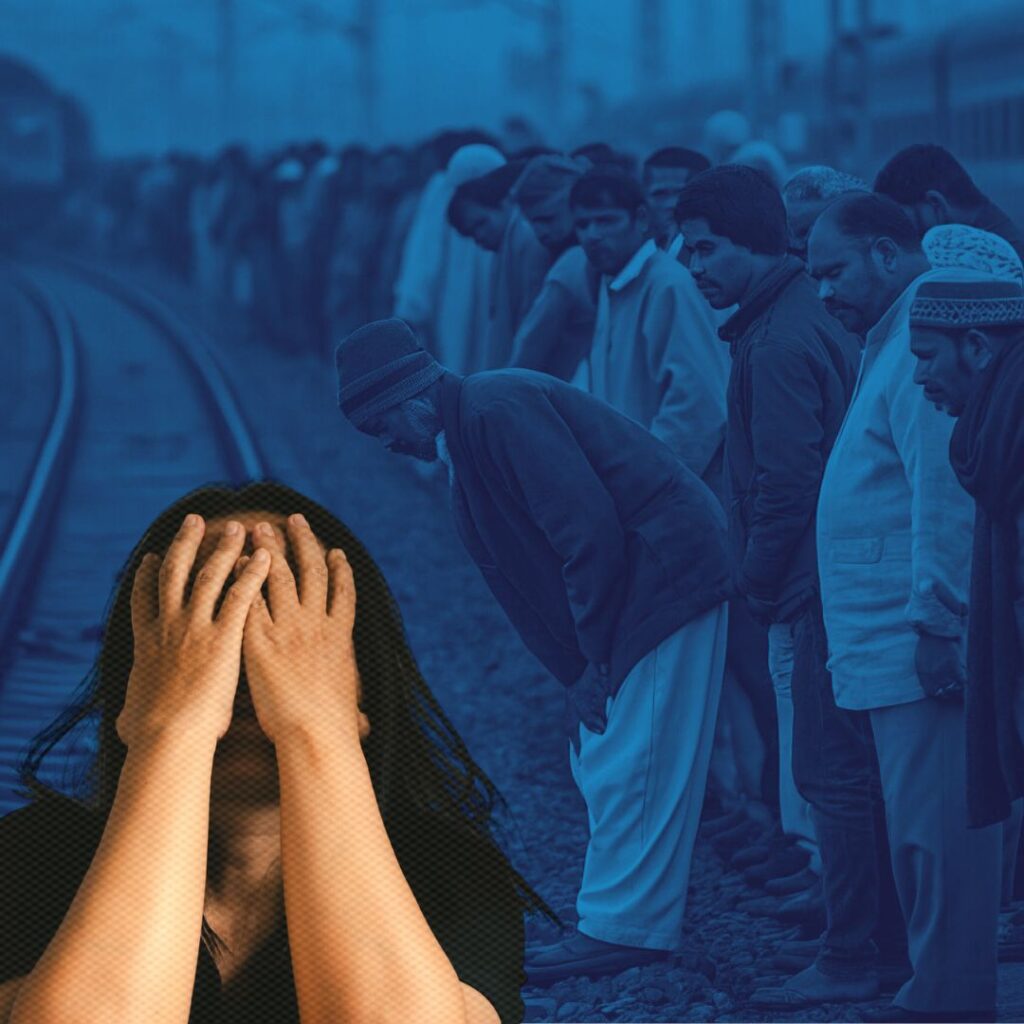A 13-year-old schoolgirl from Benipur, Bihar saved herself from becoming a victim of child abuse thanks to ‘Bandhan Tod’, a mobile app of a UN-backed platform.
How was she rescued?
“In the last week of November, we received an SOS from a girl in Darbhanga through our app who informed us that her parents were forcing her to get married,” a senior official of Gender Alliance told PTI on the condition of anonymity.
After the complaint was verified, they approached the DGP of Patna, who in turn informed the local police station to take action immediately.
Patna-based Gender Alliance, an initiative of the United Nations Population Fund (UNFPA), had launched the Android-based app named ‘Bandhan Tod’ in September to sensitize people across the state against dowry, child marriage, domestic violence and gender inequality
The boy who she was going to marry was 15-year-old. The awareness of the girl saved two victims of child marriage.
How does the app work?
The app is in Hindi to help the people from rural areas to understand the workings of the app better. It is equipped with an SOS button, which can be pressed to reach the concerned authorities directly.
The app also offers Rs 100 in e-transactions for downloading it.
Child Marriage a norm
According to 2011 census of India, the predicted rate of child marriage in Bihar stood at 39%. The predicted child marriage rate in the rescued girl’s village stood at 38%.
Benipur Sub-Divisional Police Officer Anjani Kumar said technology such as these might help in the decrease of dowry cases and child marriage in the area. The SDPO also flagged that the area falls into the Mithilanchal region, where “child marriages have been happening in the community, across all castes, as a customary practice”,
The Gender-Alliance programme aims at sensitizing people to the ill-effects of child marriage and dowry and how both are illegal according to the Indian Constitution.
The story was originally reported by Mr. Kunal Dutt and published by PTI.











